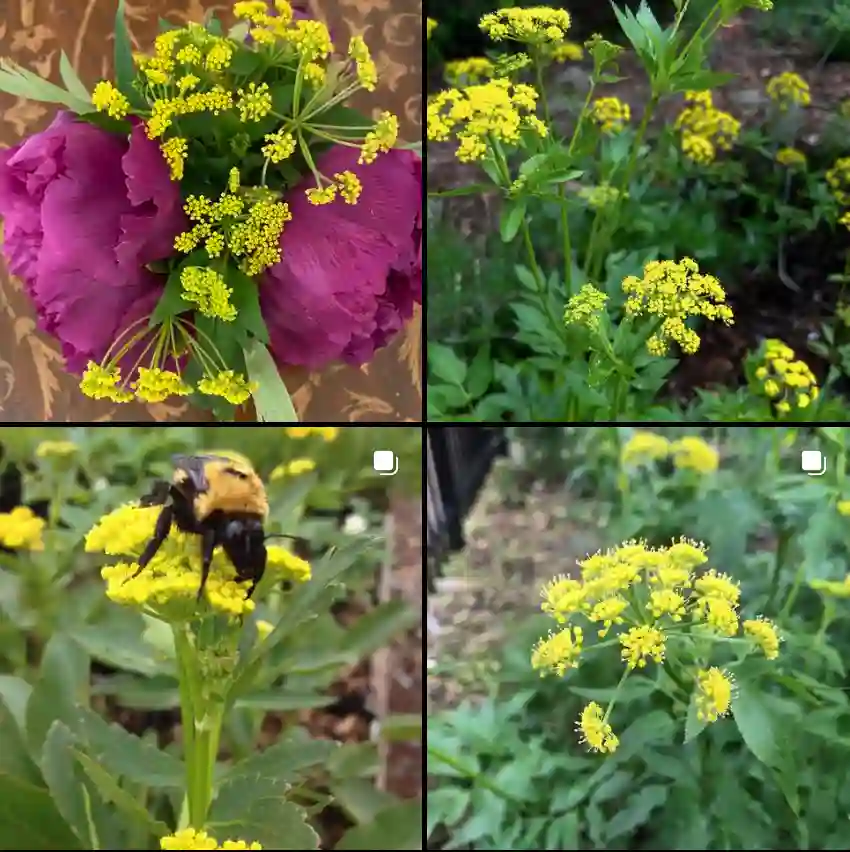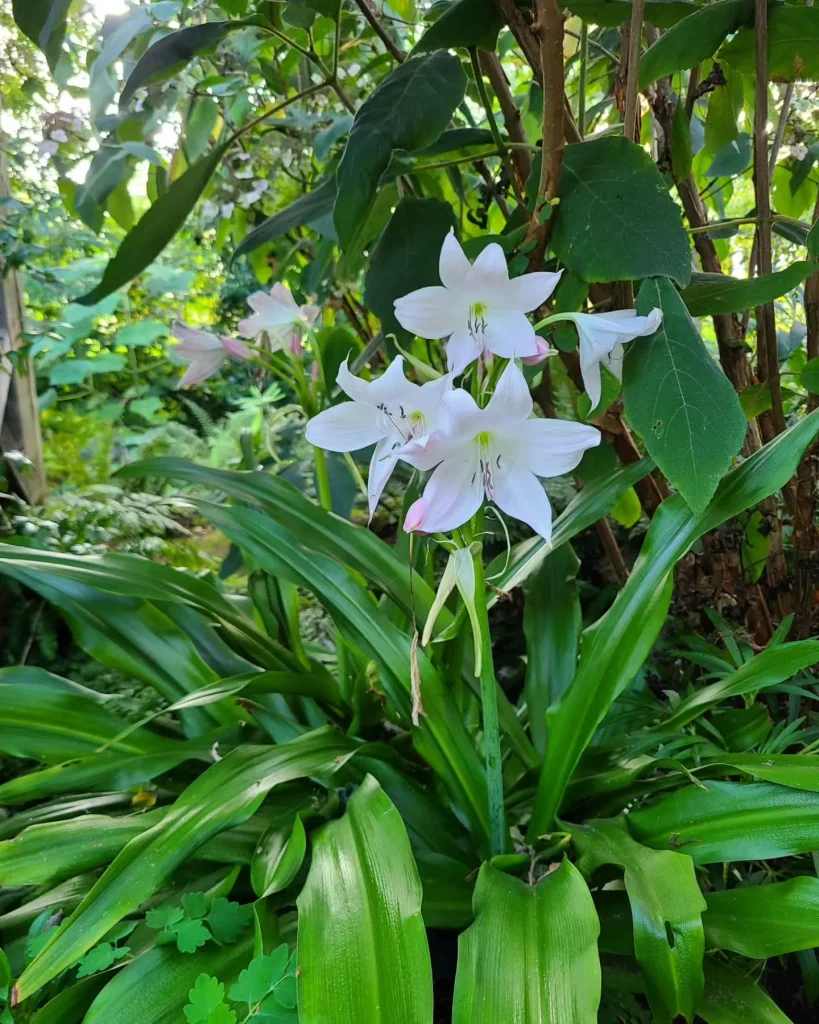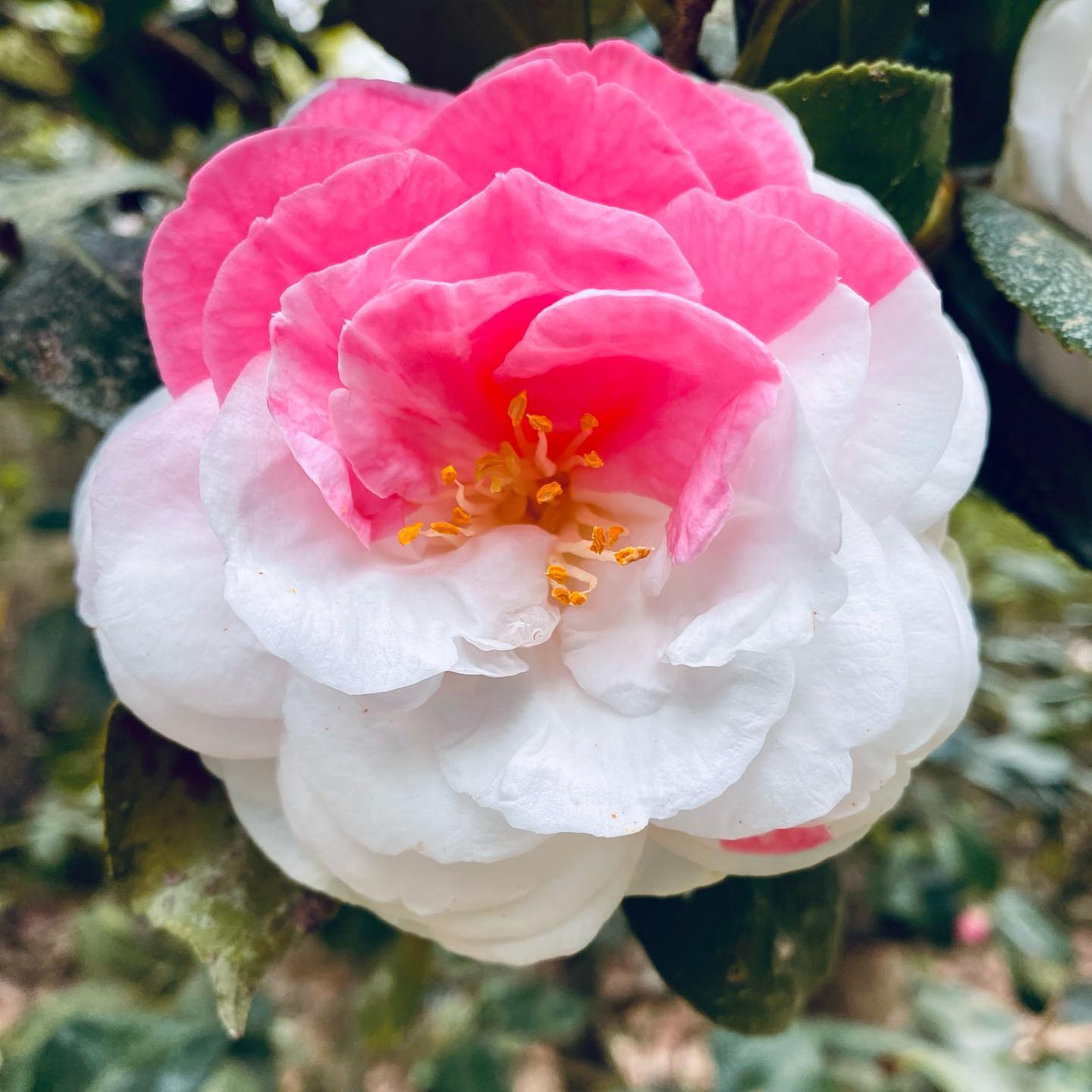
Abutilon Indicum: A Multipurpose Marvel – Answers from Ferb Vu
For years, I’ve been fascinated by the natural world’s potential for healing and well-being. Recently, Abutilon Indicum, a plant with a rich history in traditional medicine, has captured my attention. Today, I’m here to answer some of the most common questions about this intriguing herb.
178 Species in Genus Abutilon
What is Abutilon Indicum?
Abutilon Indicum, also known as Indian Mallow or Country Mallow, is a flowering shrub native to tropical and subtropical regions. It boasts beautiful bell-shaped flowers in various colors, but its true value lies in its potential medicinal properties.
How Does Abutilon Indicum Compare to Other Plants?
Many plants possess impressive health benefits, and comparing Abutilon Indicum to others depends on the specific needs. Here’s a glimpse:
- Hibiscus: Both belong to the Malvaceae family and share some characteristics. However, Abutilon Indicum has a wider range of reported medicinal uses.
- Ashwagandha: This adaptogenic herb offers stress-relieving properties, while Abutilon Indicum focuses more on inflammation and wound healing.
- Turmeric: Both are known for their anti-inflammatory properties, but turmeric may have a stronger effect.
It’s important to remember that these are just a few comparisons. Each plant has a unique chemical profile offering distinct benefits.
What are the Potential Uses of Abutilon Indicum?
Traditionally, Abutilon Indicum has been used to treat various ailments, including:
- Inflammation: Studies suggest it may possess anti-inflammatory properties, potentially aiding in conditions like arthritis.
- Wounds: The leaves are used topically to promote healing and reduce infection.
- Digestive Issues: It’s used in some cultures to manage diarrhea and stomach ulcers.
- Skin Conditions: The leaves might help soothe eczema and other skin irritations.
Important Disclaimer: While these uses are based on traditional practices, scientific evidence is still emerging. It’s crucial to consult a healthcare professional before using Abutilon Indicum for any medical condition.
Is Abutilon Indicum Safe?
Generally, Abutilon Indicum is considered safe for most people when used appropriately. However, some potential side effects include:
- Digestive upset: Start with a low dose and monitor your body’s response.
- Drug interactions: As with any herbal remedy, discuss it with your doctor if you’re taking medications.
- Pregnant or breastfeeding women: There’s limited research; avoid use unless cleared by a healthcare professional.
How Do I Use Abutilon Indicum?
Abutilon Indicum can be prepared in various ways, including:
- Decoction: Leaves are boiled in water to create a concentrated tea.
- Infusion: Leaves are steeped in hot water for a milder tea.
- Tincture: Leaves are extracted in alcohol for a potent liquid form.
- Topical application: Crushed leaves can be applied directly to wounds or skin conditions.
The appropriate dosage depends on the specific use and your individual needs. It’s always best to consult a qualified herbalist or healthcare professional for guidance.
Where Can I Find Abutilon Indicum?
Abutilon Indicum may be available at some health food stores or online retailers specializing in herbal remedies. It’s also possible to grow your own plant, but proper identification is crucial to avoid confusion with similar-looking species.
Are there any interactions with specific medications?
Further emphasize the importance of consulting a doctor before use.
How can I grow Abutilon Indicum at home?
Cater to readers interested in cultivating the plant themselves.
What are the active compounds in Abutilon Indicum believed to be responsible for its medicinal effects?
For readers interested in the scientific side.
Are there any known contraindications for using Abutilon Indicum?
Highlight any situations where the plant should be avoided.
Final Thoughts on Abutilon Indicum
Abutilon Indicum is a promising plant with a long history of medicinal use. While research is ongoing, it offers potential benefits for various health concerns. However, remember, it’s not a magic bullet. Always prioritize consultations with a healthcare professional before incorporating it into your wellness routine.
If i die, water my plants!



